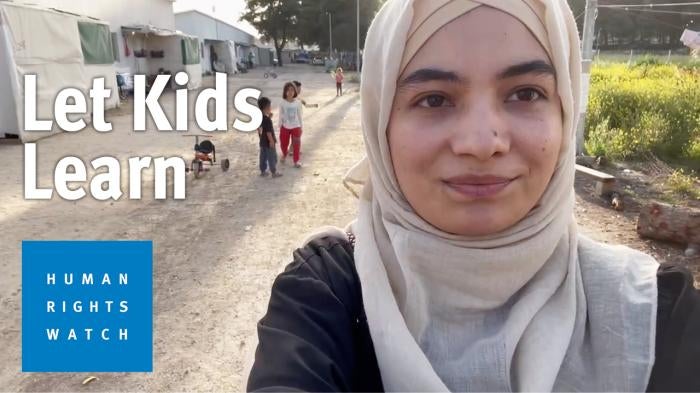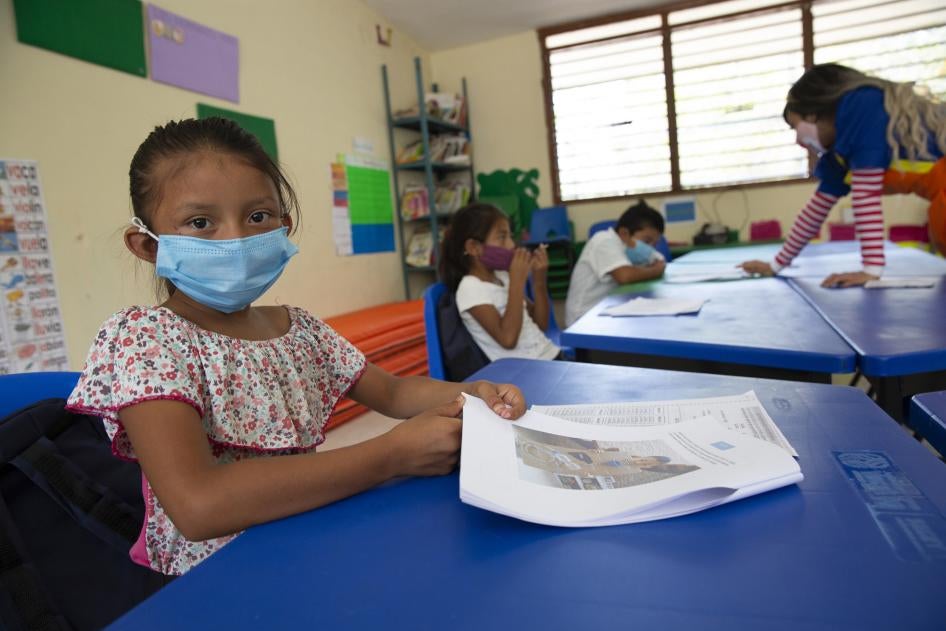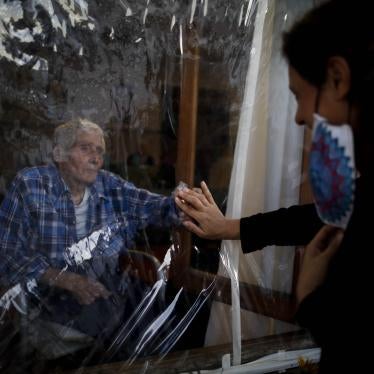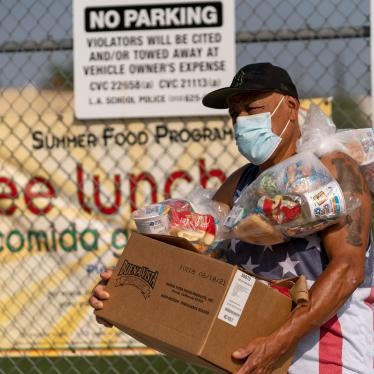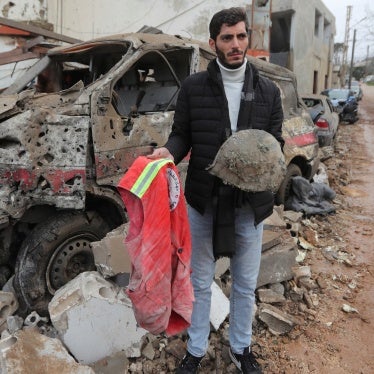This piece is the third in a series marking the two year anniversary of the Covid-19 pandemic. Find more of our work documenting the global response to the coronavirus here.
Cataclysm. Inordinate suffering. Widespread disruption. Intergenerational loss. This is only a snapshot of the terms used by experts to describe the fragile situation of education systems around the globe.
As we enter the Covid-19 pandemic’s third year – with many governments still fighting to curb the spread of the virus and contain the impact on health systems – a collateral crisis continues to unfold. Education systems, schools, teachers, and children are facing what the United Nations has called a global generational catastrophe.
In March 2020, no one was fully prepared to face the tremendous impact the pandemic would have on education. After all, this was an unprecedented global crisis that forced 1.4 billion pre-school, primary, and secondary school students out of classrooms. We quickly saw that Covid-related school closures affected children very unequally: Many children, across most countries, lacked equal and inclusive access to online or remote education. Many lacked the time and space to learn. Children most in need of affordable, reliable connectivity and devices still do not have the means to connect to online classes.
We’re now beginning to see the cumulative effects. They are particularly devastating for those who faced barriers to education before schools closed, including children with disabilities, children from low-income families, and girls in many contexts.
Reports show children’s resilience dwindling; some young people share a sense of hopelessness. There’s an increase in reported mental health conditions, unmatched by sufficient investment in mental health services for youth. Many children experienced violence at home but had no access to vital protective spaces, like the clubs and psychosocial and counseling services schools provide.
Children have lost up to two years of formal learning. Many are experiencing a regression in their educational advancement. The youngest children, and those most marginalized, face the greatest loss. World Bank experts have warned that the biggest side effect of the pandemic will be children’s lost learning, which is estimated at $17 trillion in lifetime earnings for students currently in school.
In 2020, education experts globally called on countries to embed education in their Covid-19 crisis response and to protect students’ education, as well as mobilize funding to increase remote education access.
In 2022, the plea couldn’t be clearer: Governments need to act decisively to safeguard children’s futures and prevent further education loss.

